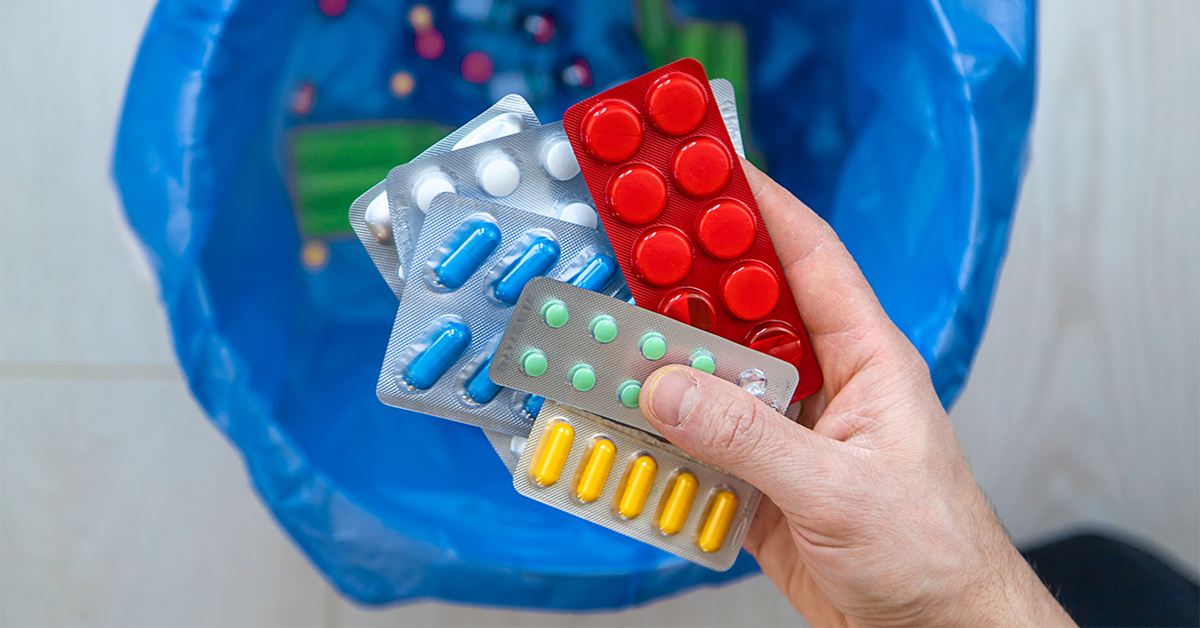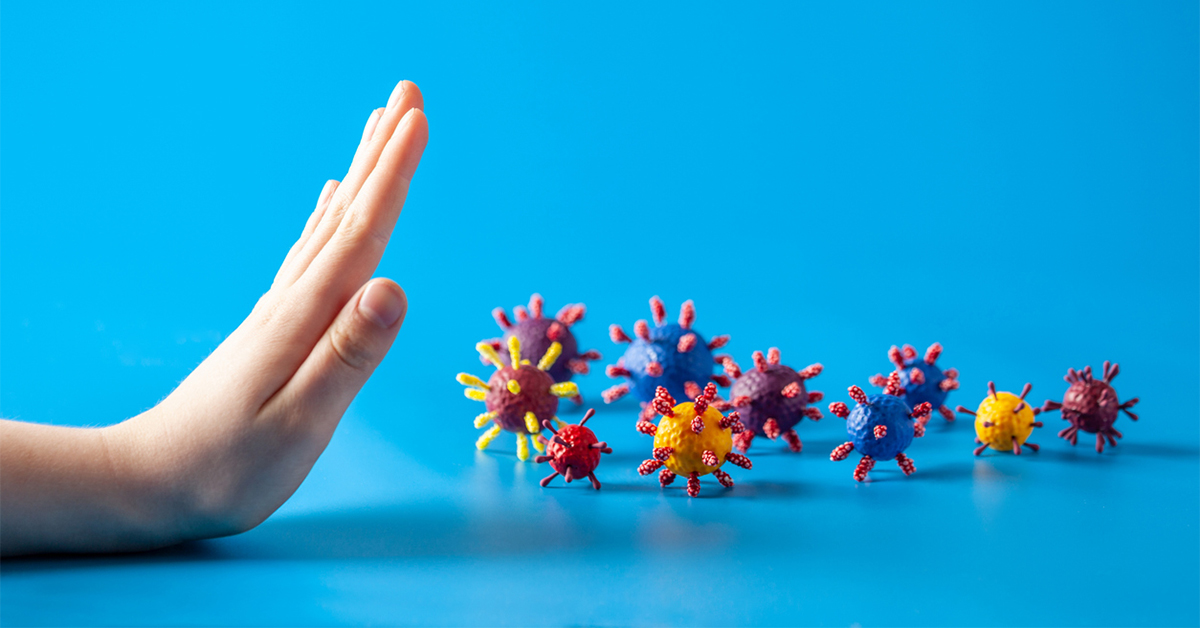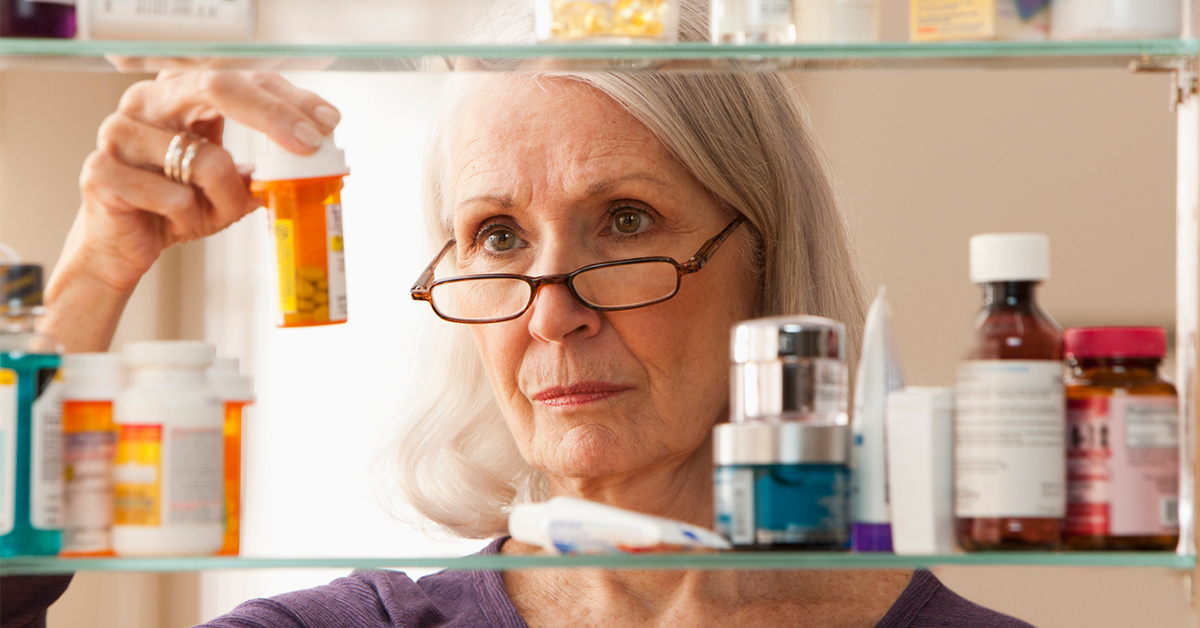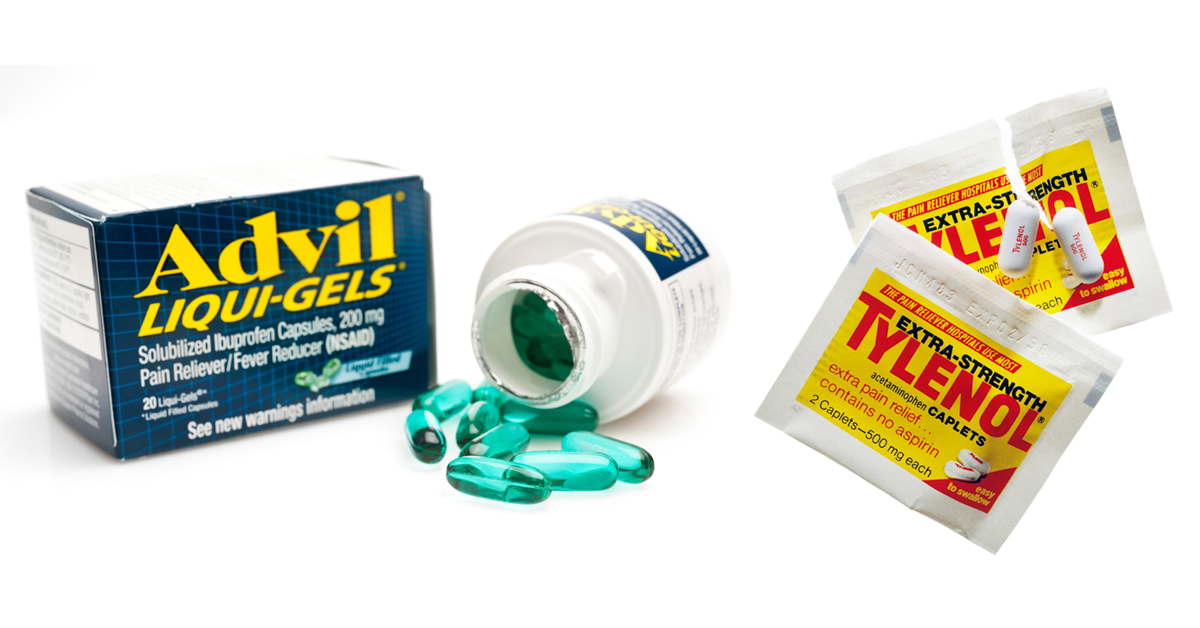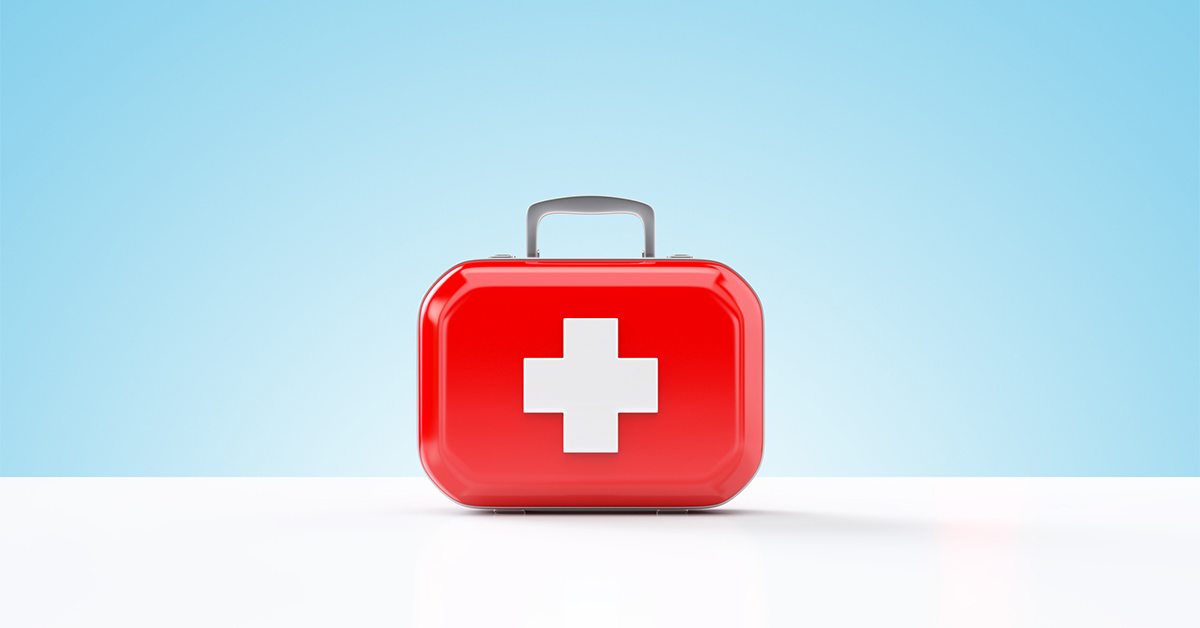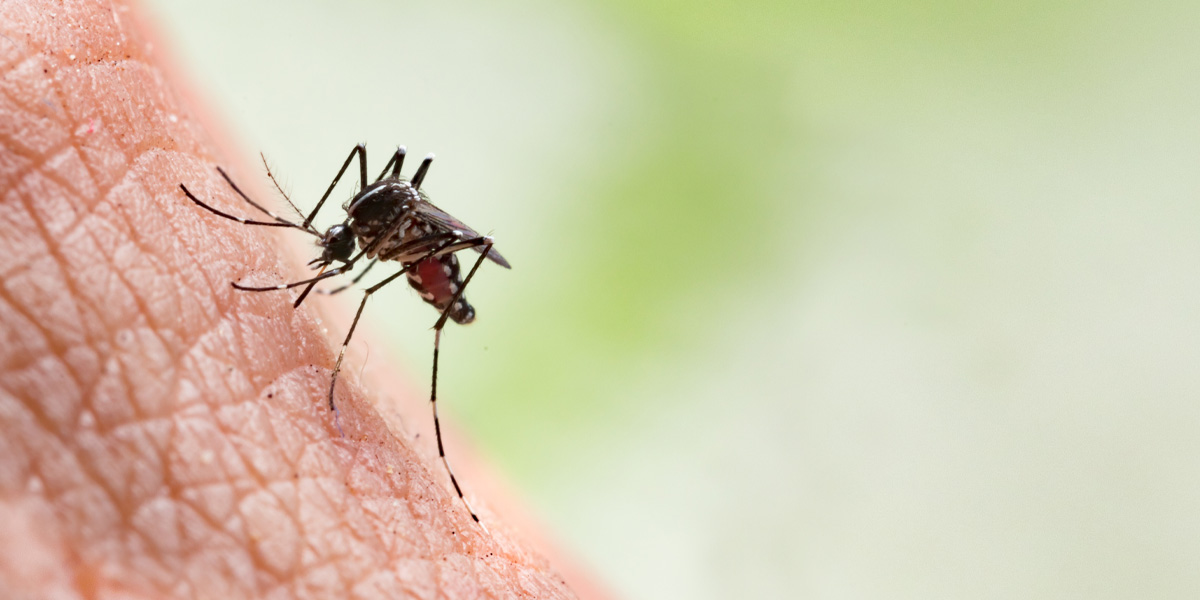Safeguarding our community and environment
A crucial aspect of keeping everyone safe and healthy is the proper disposal of medications and sharps. Have you ever wondered what to do with those outdated prescriptions cluttering your cabinets or how to safely get rid of used needles and syringes? Thankfully, there are easy and responsible solutions available in our local communities.
The importance of proper disposal
Proper disposal of medications and sharps (needles and syringes, for example) is vital not just for personal safety but also for environmental protection. Improperly discarded items can pose serious health risks, such as accidental injuries or the spread of diseases. Additionally, flushing medications can lead to environmental contamination, affecting our water supply and aquatic life. Taking the right steps to dispose of these items helps safeguard our community and protect our natural resources.
Safe disposal of medications
Medications require careful disposal. Flushing old or unwanted medications down the toilet or drain can pollute our water systems and harm aquatic life. Additionally, medications in the home can lead to accidental poisoning or misuse.
- Local drug take-back programs: Utilize local drug take-back programs to safely dispose of medications. Minnesota has over 300 locations for safe medication disposal. Find a nearby drug take-back location here.
- Never flush medications: Avoid flushing medications, as wastewater treatment systems are often not designed to remove pharmaceuticals, leading to environmental contamination.
- Follow disposal instructions: If disposal instructions are provided on the medication packaging, always follow them carefully to ensure safe disposal.
Safe disposal of sharps (needles and syringes)
Now that we’ve discussed the safe disposal of medications, let’s turn our attention to another important item: sharps. Sharps are medical devices with sharp points or edges that can puncture or cut skin. Examples of sharps include needles, syringes, lancets or fingerstick devices, and auto-injectors such as epinephrine and insulin pens.
- Household sharps collection sites: In Minnesota, many counties offer free or low-cost sharps collection sites. Check with your county’s solid waste office to see if they provide this service.
- Avoid pharmacies for sharps: Most healthcare facilities do not accept household sharps. In addition, household sharps should not be disposed of in medication drop boxes at pharmacies or law enforcement stations.
- Legal but less safe disposal: If you can’t access a collection site, you may legally place your labeled sharps container in the trash. However, the Minnesota Pollution Control Agency (MPCA) discourages this for safety reasons unless no other option is practical.
- Mail-back programs: Consider purchasing pre-paid mailers to send your sharps to a designated disposal facility. Check with your healthcare provider or pharmacist for available options.
To ensure sharps are disposed of safely, it’s important to follow a few simple steps.
- Use a sturdy container: Place used needles in a robust plastic container with a screw-on lid, like an empty laundry detergent bottle.
- Label clearly: Mark the container with “Do not recycle: Household sharps.”
- Avoid improper containers: Do not use glass bottles, aluminum cans, coffee cans, milk jugs, or plastic water/soda bottles, as these can break or be punctured.
- Mail-back services: If you choose to use a mail-back service, check their specific instructions, as some may require a particular type of container. Remember to place needles point-first into the container and don’t overfill it. Always keep sharps containers out of children’s reach.
Get informed, get involved
For more information on safe medication and sharps disposal, visit Safe Needle Disposal or contact your County Solid Waste Office. The Minnesota Department of Health also offers valuable resources; you can visit their website or call 651.201.5000 for general disease prevention information.
Together, we can protect our community and environment by disposing of medications and sharps responsibly. Let’s work towards a safer, cleaner future!


